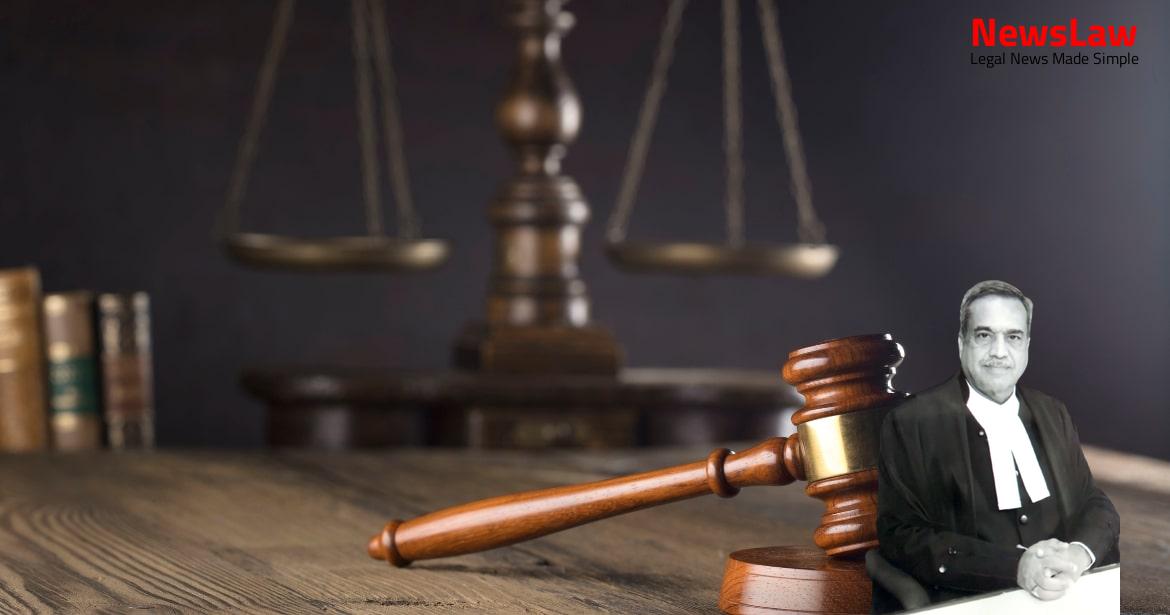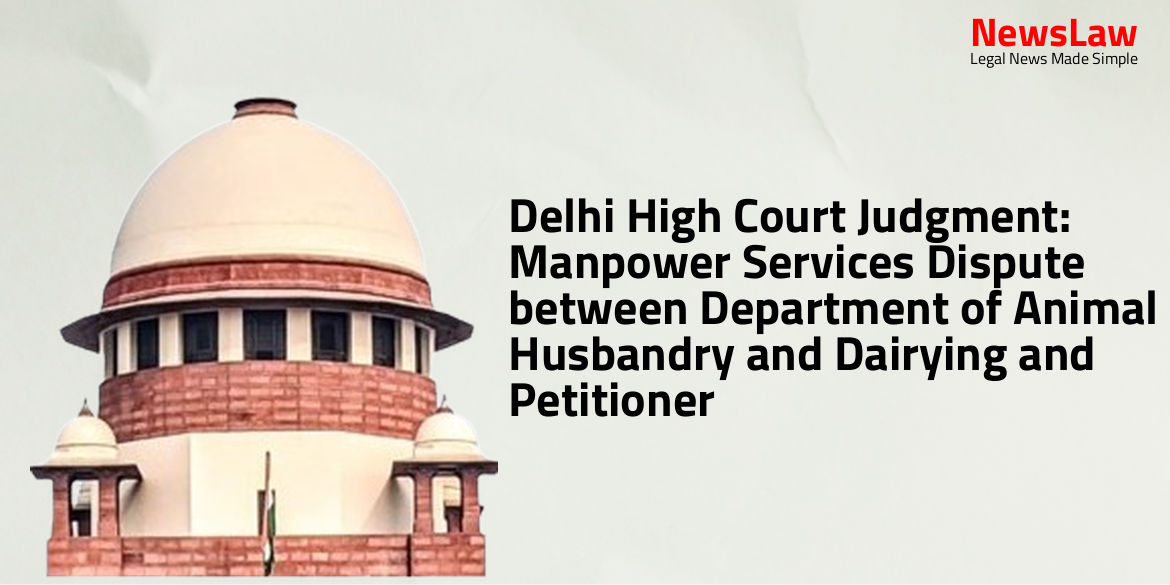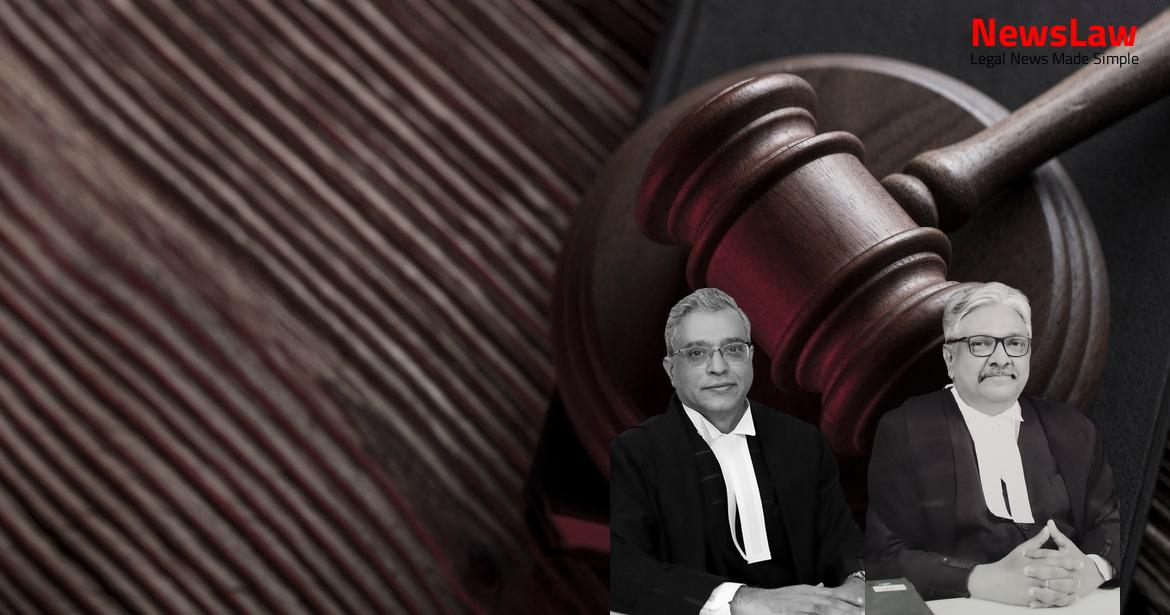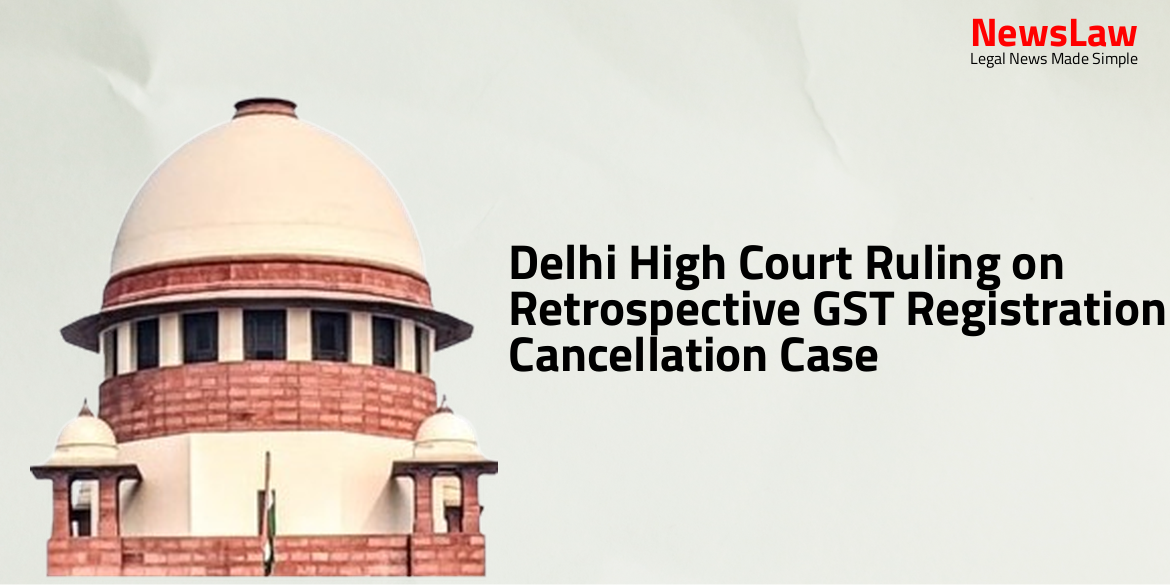Feeling aggrieved and dissatisfied with the impugned judgment and order dated 23.10.2021 passed by the High Court of Uttarakhand at Nainital in WPSB No 407/2020, by which, the High Court has allowed the said writ petition and has set aside order dated 04.12.2020 passed by the Chairman, Central Administrative Tribunal (CAT), Principal Bench, New Delhi by which the learned Principal Bench of the Tribunal transferred Original Application (OA) No.
To set aside all those provisions of present Central Staffing Scheme, governing constitution of and evaluation by Expert Panel for the purpose of empanelment at Joint Secretary level in Government, issued vide O.M. To order and appropriate investigation so as to fix responsibility into various irregularities into recruitment process of Joint Secretary rank officers through contract system, taken place in the year 2019, in view of irregularities brought out in para 3.5 of factual matrix.” 2 That thereafter, the Union of India filed transfer application under Section 25 of the Administrative Tribunals Act, 1985 (Act, 1985) seeking transfer of OA filed by the writ petitioner from Nainital Circuit Bench to the Principal Bench, New Delhi. That by order dated 04.12.2020, the Chairman of the Tribunal, Principal Bench, New Delhi, ordered transfer of the said OA to the Principal Bench, New Delhi by observing that: – “A perusal of the prayer in the O.A. It was also submitted on behalf of the original writ petitioner – original applicant that the ground on which the Union of India sought transfer of OA that, since the original writ petitioner has challenged a policy decision and since the policy decision has “nationwide repercussion”, therefore, the OA deserves to be transferred to the Principal Bench, New Delhi, is untenable. It was submitted that all the Benches constituted under Section 5 of the Act, 1985 would have equal jurisdiction.
It was also submitted that since the relevant files are lying in New Delhi and since the relevant witnesses would be available in New Delhi, it would be in the interest of justice to transfer the case to the Principal Bench, rather than keeping the case pending before the Nainital Circuit Bench. Moreover, as the decision to appoint the Joint Secretaries on contractual basis adversely affects his right of consideration for the post of Joint Secretary, hence, the impact of the policy decision deprives his right in the State of Uttarakhand and therefore, a part of cause of action has arisen in the State of Uttarakhand and therefore, the Nainital Circuit Bench has jurisdiction to hear the OA. Union of India (1997) 3 SCC 261, the High Court has allowed the writ petition and has set aside the order dated 04.12.2020 passed by the Chairman, Central Administrative Tribunal, New Delhi by observing that there is no requirement of law that a policy decision must, necessarily, be challenged before the Principal Bench and that there is no provision under the Act, 1985 that a challenge to a policy decision can be heard only by the Principal Bench. Chandra Kumar (supra), it is specifically observed and held that “all decisions of Tribunals created under Article 323A and Article 323B of the Constitution will be subject to the scrutiny before a Division Bench of the High Court within whose jurisdiction the concerned Tribunal falls.”
2 Making the above submissions and relying upon the above decisions it is vehemently submitted by Shri Tushar Mehta, learned Solicitor General that the impugned judgment and order passed by the High Court of Uttarakhand is wholly without jurisdiction. On the submissions made on behalf of the Union of India that the High Court of Uttarakhand would have no jurisdiction to entertain the writ petition challenging the decision of the Chairman, CAT, to transfer the OA from Nainital Circuit Bench to Principal Bench, New Delhi, it is vehemently submitted by Shri Shyam Divan, learned Senior Advocate that under Article 226 (2) of the Constitution of India any High Court can exercise jurisdiction under Article 226 provided a part cause of action has arisen in its jurisdiction irrespective of whether the authority or government which passed the order is not located within the jurisdiction of the said High Court.
Chandra Kumar (supra) while recognising the jurisdiction of a High Court under whose jurisdiction the Tribunal falls, may not be read to be limiting the jurisdiction of other High Court under Article 226(2), if otherwise available.
3 It submitted that this Court, by way of a judicial order, ought not to take away jurisdiction from other high courts which are otherwise empowered under Article 226(2) to entertain a Writ Petition against the order of a Tribunal located in the territory beyond the territorial jurisdiction of the said high courts. State Bank of Sikkim and Ors., (2007) 11 SCC 335, noting the development of law in relation to the territorial jurisdiction of the High Courts under Article 226 has held that “the legislative history of the constitutional provisions, therefore, makes it clear that after 1963, cause of action is relevant and germane and a writ petition can be instituted in a High Court within the territorial jurisdiction of which cause of action in whole or in part arises.” 8
In support of his above request, he has made following submissions: – (i) The Judgement of this Court in the case of Alapan Bandyopadhyay (supra) arose out of an order passed by the Chairman, Central Administrative Tribunal exercising powers under Section 25 of the Administrative Tribunals Act, 1985 transferring the O.A. (ii) The Order of the Calcutta High Court was challenged by the Union of India on the ground that a challenge against the order passed in the Transfer Application by the Central Administrative Tribunal, Principal Bench at New Delhi, was maintainable only before the High Court of Delhi as the Principal Bench of the Tribunal lies within its territorial jurisdiction.
Union of India, (1997) 3 SCC 261 : 1997 SCC (L&S) 577] held Section 28 of the Act and the “exclusion jurisdiction” clauses in all other legislations enacted under the aegis of Articles 323-A and 323-B, to the extent they exclude the jurisdiction of the High Courts under Articles 226/227 and the Supreme Court under Article 32, of the Constitution, was held unconstitutional besides holding clause 2( d ) of Article 323-A and clause 3( d ) of Article 323-B, to the same extent, as unconstitutional. Union of India, (1997) 3 SCC 261 : 1997 SCC (L&S) 577], SCC p.
Also Read: https://newslaw.in/case-type/civil/acquisition-of-land-and-deemed-lapse-under-the-act-2013/
When once a Constitution Bench of this Court declared the law that “all decisions of Tribunals created under Article 323-A and Article 323-B of the Constitution will be subject to the scrutiny before a Division Bench of the High Court within whose jurisdiction the Tribunal concerned falls”, it is impermissible to make any further construction on the said issue. The expression “all decisions of these Tribunals” used by the Constitution Bench will cover and take within its sweep orders passed on applications or otherwise in the matter of transfer of original applications from one Bench of the Tribunal to another Bench of the Tribunal in exercise of the power under Section 25 of the Act. Chandra Kumar (supra) was dealing with a challenge to the constitutional validity of Article 323-A(2d), Article 323- B(3d) of the Constitution of India and Section 28 of the Administrative Tribunals Act, 1985 which excluded jurisdiction of the Hon’ble Supreme Court under Article 32 and of the High Courts under Article 226.
Chandra Kumar (supra) ought not to be read to have held that only the High Court under whose territorial jurisdiction the tribunal falls will have jurisdiction to entertain a Writ Petition against the order of the said tribunal.
15
It is respectfully submitted that this Court, by way of a judicial order, ought not to take away jurisdiction from other high courts which are otherwise empowered under Article 226(2) to entertain a Writ Petition against the order of a Tribunal located in the territory beyond the territorial jurisdiction of the said high courts.
Also Read: https://newslaw.in/case-type/civil/taxation-of-engineering-design-drawings-goods-or-services/
17
Case Title: UNION OF INDIA Vs. SANJIV CHATURVEDI (2023 INSC 210)
Case Number: C.A. No.-001587-001587 / 2023



